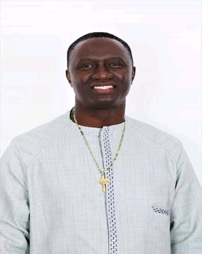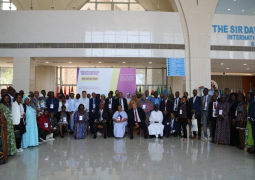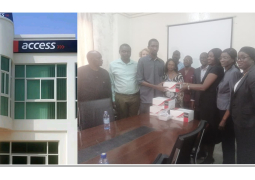
Prof. Pierre Gomez was speaking on Monday at a day’s high level technical committee meeting organised by the Ministry of Higher Education, Research Science and Technology (MOHERST) in collaboration with the Council of Higher Education, Turkey (YOK).
The development comes as The Gambia urgently needs support to improve the quality of teaching and learning, especially in TVET, and enhance the promotion and utilisation of research, innovation and development activities by acquiring modern tools and competencies.
“Through this partnership, we envisaged an improved number of scholarships in relevant national development areas; strengthened TVET and general education post-secondary institutions, and promoted research and innovation activities such as entrepreneurship, industry collaboration and product development, thereby increasing employability and job creation, which will eventually lead to sound socio-economic development.”
Minister Gomez recalled that over the years, the government of The Gambia has benefitted immensely from the numerous scholarships and technical support provided by Gambia’s bilateral partners, Turkey, especially.
“This time, the Ministry is pursuing a TVET revitalisation strategy at the policy and strategic implementation level through regional decentralisation. It will usher new centres in this country's regions, and a selected few identified as centres of excellence in TVET, as well as centres that will focus on specific disciplines which, if successfully implemented, will address poverty among the country's youthful population.”
He indicated that notably, the country’s TVET centres should have dormitories, proper classrooms, workshops, industry-ready equipment, and modernised and relevant curricula.
“For instance, the Ministry’s recent acquisition of the two sites in CRR, one multi-purpose and another focusing on agri-business, is a game changer that should address rural-urban and international illegal migration while also providing opportunities to tackle the food self-sufficiency conundrum in The Gambia. This Technical Team will examine some of these issues and proffer solutions for our decades-old challenges. The Agri-business centre will train young people in the food production value chain. It will cover the business components of plant and animal production and agricultural mechanisation for self-employability.”
He added; “Again, a TVET centre on fisheries has been identified and will be built to leverage the potential of the fisheries resources in generating income and promoting socio-economic development for our youth and women. The one centre Turkiye pledged to establish maybe this centre. However, this Team will come up with something conclusive. We have identified the trainees and will award them scholarships to start their training in fisheries and agri-business. These trainees should be coming back to serve and academic and administrative staff of these TVET institutions.”
The strategy, he added, is to follow the policy direction of the education sector as stipulated in the Education Sector Policy, 2016-2030 and the MoHERST Specific Strategy, 2021-2025.
“These blueprints recognise two tiers of education and provide pathways for our children to specialise in general education or technical education careers. There is room for a smooth transition from one level to the other and from informal education to formal education. At the helm of the technical tier is the University of Applied Sciences Engineering and Technology (USET), which offers degree programmes for engineers. We are cognizant that, to develop this country, we must take human capital formation seriously. Earlier, we thought clogging our workforce with secondary education would give us more social returns. It has cost us dearly to realise that little learning is dangerous because you will subject your population to subservient skills and cannot grow to decide their destiny in their national development. That is a recipe for social unrest.”




